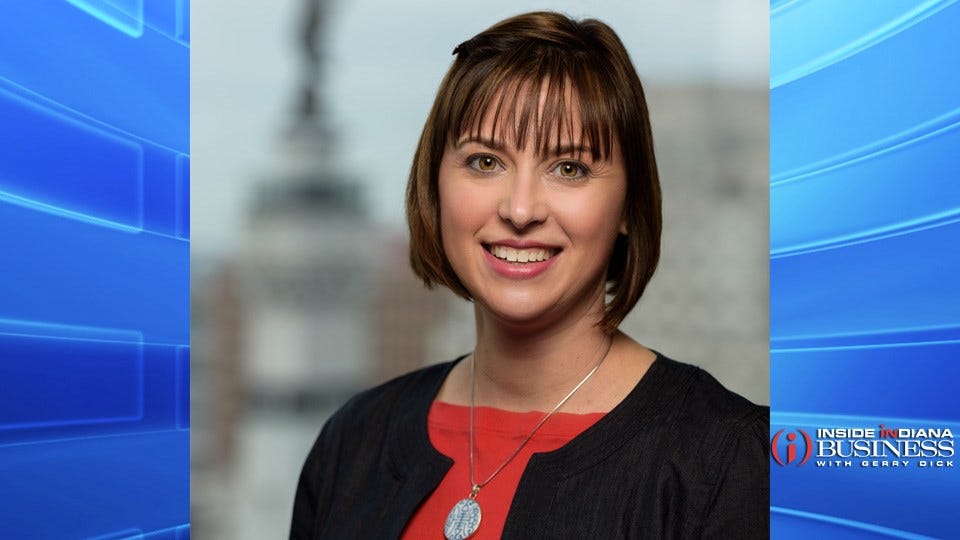What Lessons Have We Learned Over the Last 20 Months in the Healthcare and Life Sciences Sector?

Subscriber Benefit
As a subscriber you can listen to articles at work, in the car, or while you work out. Subscribe NowSo many aspects of our lives have changed since the pandemic entered our world 20 months ago –from how we grocery shop to safety protocols at our children’s schools to how and where we work.
All sectors were compelled to pivot and consider how to operate in the new environment, but the healthcare and life sciences sectors were some of the first to venture forth. One out of every 10 people in Indiana works in these sectors, so all of the changes have affected a large cross-section of our population.
It’s been remarkable to see how our healthcare systems shifted entire wings of their hospitals to COVID-19 wards; how they have used equipment in resourceful ways and stretched human resources to remarkable levels; and how their continued care of patients remains unparalleled as the virus continues to ravage the state.
Likewise, Indiana’s life sciences companies partnered, both inside and outside of Indiana, to deliver testing supplies to all corners of the world, get therapeutics approved and vaccines out the door; and retrofit machines to make PPE.
While there is still an extraordinary amount of work being done to combat the evolving variants of COVID-19, there are also significant learnings from our experience so far that can be applied to our organizations without waiting for the next pandemic.
An article from McKinsey, Reimagining how life sciences work will be done in the next normal, suggests that “forced experiments that life sciences companies have been conducting in response to COVID-19 have paved the way for reimagining how they might operate after the crisis subsides. Manufacturers, regulators, and other healthcare stakeholders have made substantial changes to how they conduct clinical trials, manufacturing, patient engagement, and other undertakings.”
Global and local thought leaders will be discussing those changes, challenges and new ideas at BioCrossroads’ October 13th Indiana Life Sciences Summit. The Summit will focus on what we’ve learned over the last 20 months and how we can apply these hard-fought lessons to the future, particularly in the areas of inclusion and collaboration.
COVID-19 and the movement to advance racial equity have challenged us to expand our thinking around inclusion and diversity in life sciences and healthcare organizations. Genetic differences, clinical trials, access to and delivery of care are all issues to consider and act upon. Former Pfizer Chief Medical Officer Freda Lewis-Hall will open the Summit with a talk that highlights the importance of addressing diversity, equity and inclusion in our workforce efforts, R&D, and patient care.
Collaboration is another topic that we will explore during the Summit. Speakers from Broad Institute, National Institutes of Health, Eli Lilly and the Indiana Biosciences Research Institute will share insights on how working collaboratively throughout the pandemic accelerated treatments, therapies and diagnostics and changed how innovation happens.
We were forced to change how we do things. Some new ways of working will continue; others will go back to pre-pandemic operations; and many things will adapt over and over again. But our focus on the patient and impacting lives remains constant.
While the Summit will spend one more year in a virtual format, we value the opportunity to learn from each other and celebrate our collective achievements. We hope that you’ll join us.
Lori LeRoy is executive vice president of communications at BioCrossroads.
